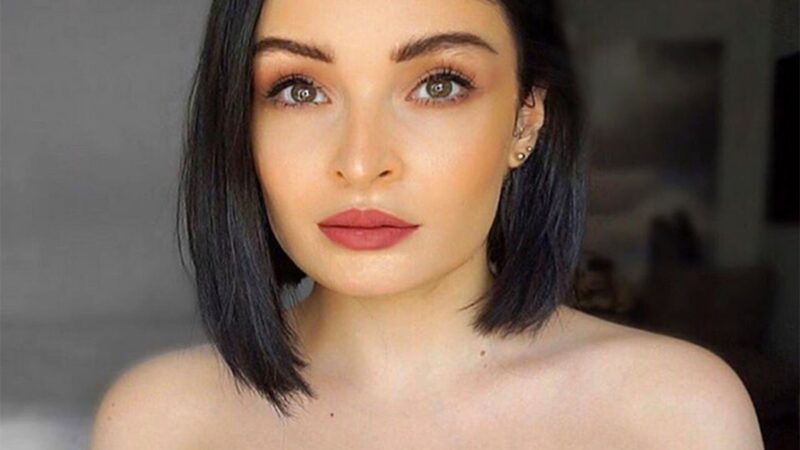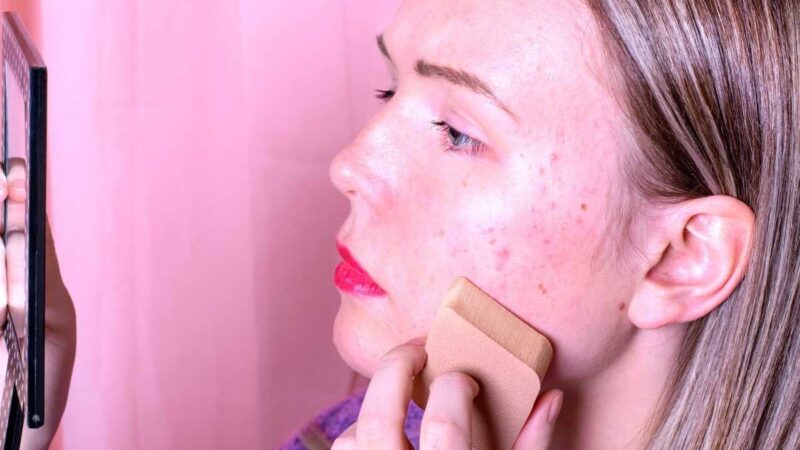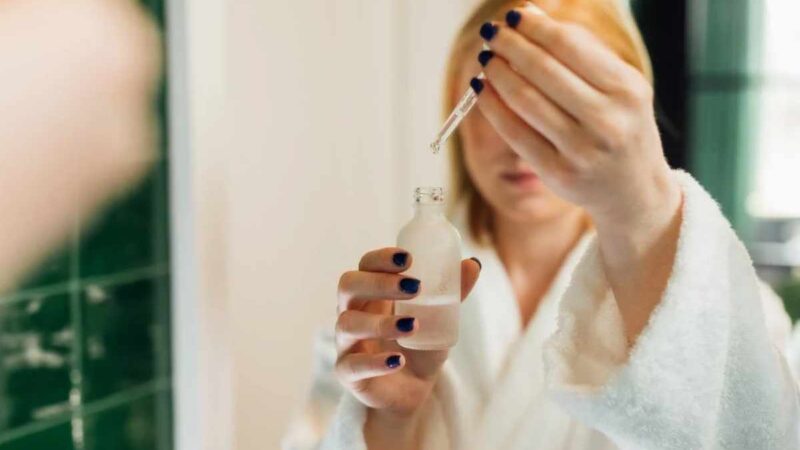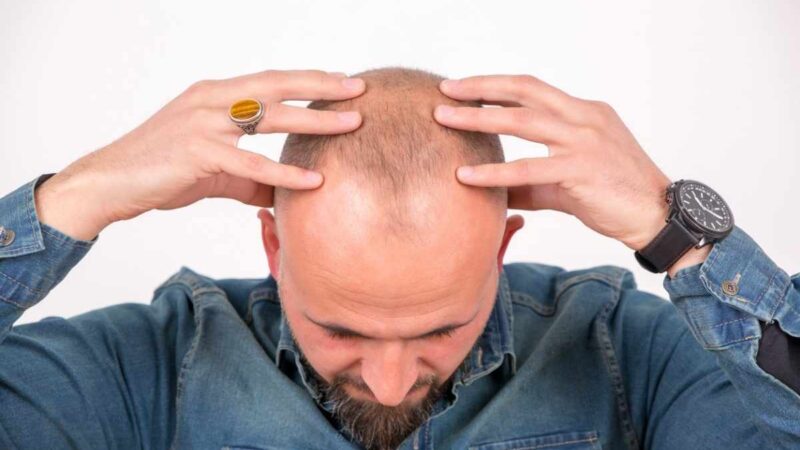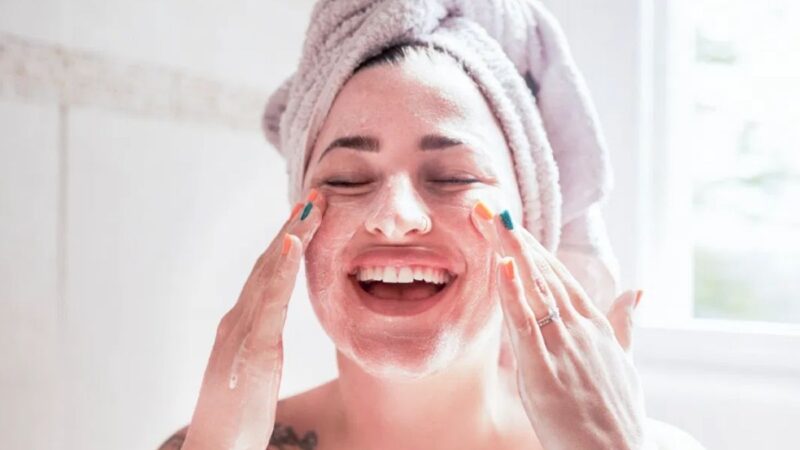Best ways to deal with skin pigmentation according to Ayurveda
Do you ever notice dark patches on your body? Or a dark spot on your face after getting a pimple. To put it simply, this is skin pigmentation. In this article, we will address the causes of skin pigmentation, especially, pigmentation on face, how to treat skin pigmentation and most importantly, if Ayurveda has solutions for hyperpigmentation. Let’s get started.
What Causes Pigmentation?
You may have heard about a natural pigment called melanin that’s present in the skin. Each of us has the same number of cells that produce melanin known as melanocytes. Yet the amount of melanin these cells produce, determines our skin color.
However, due to certain external and internal factors, there can be an increase in melanin production, leading to skin pigmentation on face or body. These include:
- Sun exposure: Consistent exposure to UV rays (UVA and UVB) without sunscreen can cause dark spots, a common form of pigmentation.
- Hormonal changes: Hormonal imbalances, pregnancy as well as oral contraceptives can cause changes within, leading to skin pigmentation.
- Melasma: Blue or grey-brown patches usually found on the face are commonly known as melasma. Melasma is one of the most common worries of expecting or new mothers. This is more common between the ages of 20-40.
- Post-inflammatory pigmentation: This kind of pigmentation is a result of inflammation in the form of a pimple, acne, or eczema in some cases. You would often notice darker-looking skin or a dark spot where your pimple once used to be.
- Side effects of medication: Certain medications can cause specific side effects, such as skin pigmentation and dark spots. NSAIDs or non-steroidal anti-inflammatory drugs produce the most common reactions.
- Irritation: Sometimes, the use of certain products like shampoos, perfumes can cause skin irritation, causing dark spots to appear on the skin.
- Diabetes: Diabetes can also cause certain areas of the skin to produce more melanin, leading to dark patches.
Asian skin tends to have more melanin than Caucasian skin, and as a result, is more prone to skin pigmentation.
Types of skin pigmentation
To summarise, there are broadly 3 types of skin pigmentation.
- Dark spots: These are also known as age spots, sun spots and Solar lentigines.
- Melasma: Most common amongst women between the ages of 20-40 and appears on the face as large brown patches.
- Post-inflammatory pigmentation: Commonly known as PIH, it’s your skin’s response to an injury like acne, friction and more.
Can skin pigmentation be reversed?
There are many Ayurvedic formulations and skin pigmentation creams with a variety of ingredients that do help cure pigmentation, with time. With time, cosmetic treatments have also progressed leaps and bounds and offer many pigmentation treatments.
However, today, we will be discussing Ayurvedic treatments that can, in time, reduce and cure hyperpigmentation.
Can Ayurvedic treatments cure skin pigmentation?
In Ayurveda, it is believed that an imbalance of Pitta and Vata, can cause skin pigmentation. So, apart from Ayurvedic treatments, which we discuss shortly, it is important to live a healthy, balanced lifestyle.
Tips To Treat & Avoid Skin Pigmentation
- Plan your day keeping the circadian rhythms of your body: try to wake up early, meditate, eat healthy meals and sleep early.
- Dehydrated skin is more prone to skin pigmentation. So make sure you drink 8-10 glasses of water every day.
- Make most of seasonal fruits, leafy green vegetables, legumes, and antioxidants that counter any free radical damage.
- Avoid sun exposure as much as possible. When outdoors, make most physical blocks like dark clothing, sunglasses and hats to avoid sun exposure. Make sure you apply a broad-spectrum sunscreen that protects you from sun damage and dark spots.
- Add a skin pigmentation cream to your night routine. Your skin repairs and rejuvenates itself while it sleeps. So applying a night cream that hydrates skin, reduces melanin production and imparts a natural glow will help you reduce hyperpigmentation.
Ayurvedic Treatments For Skin Pigmentation On Face & Body
- Kumkumadi Oil: An Ayurvedic formulation prescribed for dull, pigmented and ageing skin, it is formulated with saffron, manjishtha, sandalwood and liquorice extracts. Not only does this reduce hyperpigmentation on the face, but also illuminates skin.
- Nalpamaradi Thailam: Described as a natural skin illuminator in Ayurveda, Nalpamaradi Thailam is a miracle oil that brightens the complexion. With barks from four different species of Ficus trees, it also has ingredients like vetiver, turmeric and amla help reduce pigmentation. Nalpamaradi Thailam can be used on the face and body.
- Jwalini Oil: A traditional concoction of herbs, it uses a base of coconut milk and sesame oil, it is suitable to be applied on the face and body. Please note: Not ideal for those with acne-prone skin.
- Manjistha is an Ayurvedic herb that is a blood purifier and can treat the skin from within. It has a sweet, bitter, and acidic taste and is an effective pitta pacifier. Manjistha capsules can be consumed once or twice daily to treat dark spots. You can also mix manjistha powder with honey and leave it on your face for 15-20 minutes before washing it off and pat dry your skin.
- Kasturi Manjal/Turmeric: Make most of turmeric’s brightening properties by applying kasturi manjal or wild turmeric and mixing it with cow’s milk for a DIY face pack for skin pigmentation. It also gives your skin a healthy, natural glow. Please note: apply sunscreen when stepping outdoors when using turmeric in your beauty routine.
Can Ghee Be Used To Tackle Skin Pigmentation?
- For pigmented lips, you can use ghee or clarified butter, or also use a mixture of almond oil with glycerin, honey and rose water for naturally pink lips.
- Red lentils or masoor dal is commonly used in Ubtans. After soaking it overnight, you can blend red lentils into a fine, coarse powder, add milk and ghee to it and use it as a body polish that can reduce dark spots, but also help exfoliate without drying out skin.

Deepa Mahar is an independent blogger and admin of DeepAdvices who is exploring the beauty of the blog writing from a variety of subjects and books to health, science and others. She believes the blog would be helpful to the reader in the context of knowledge. She is post-graduated with a degree of Biotechnology.

